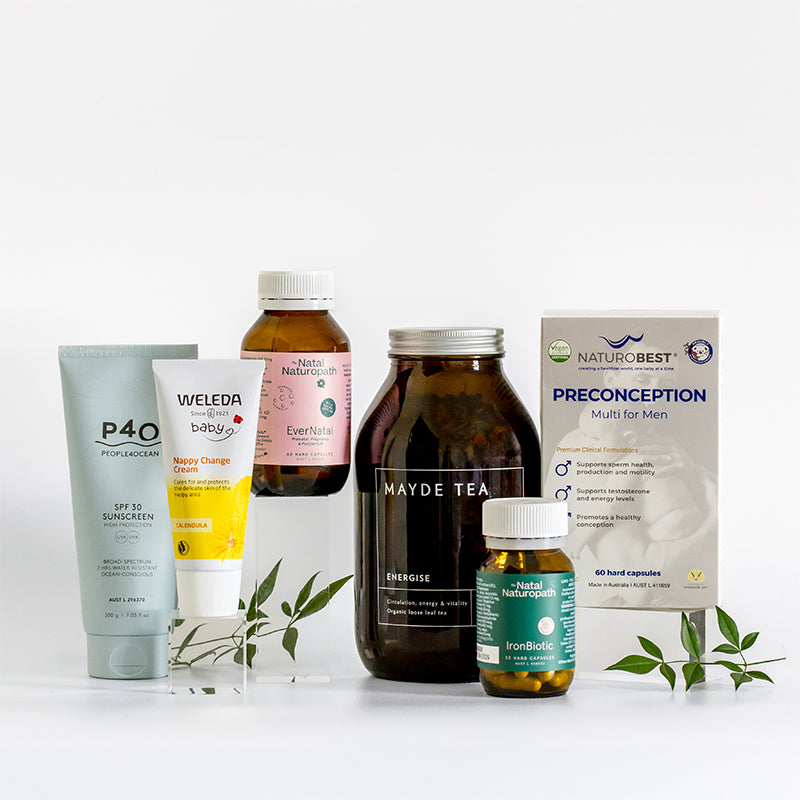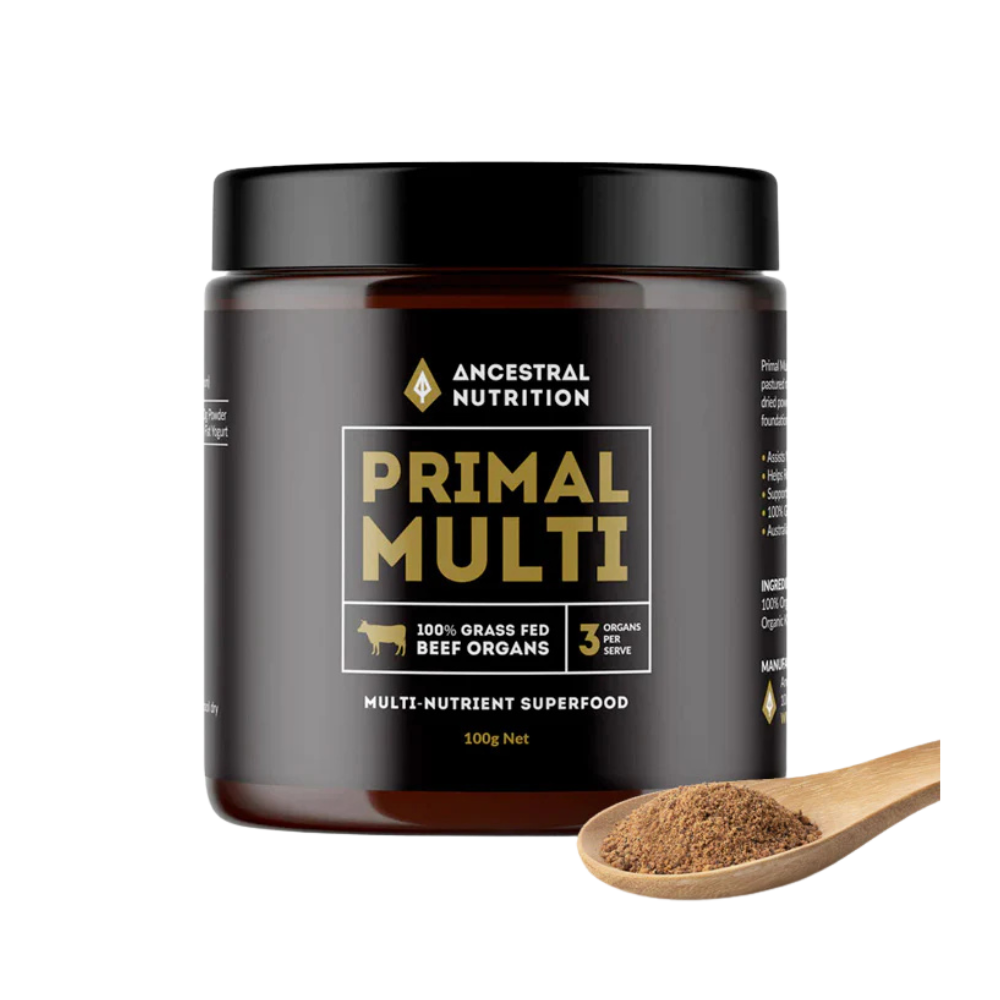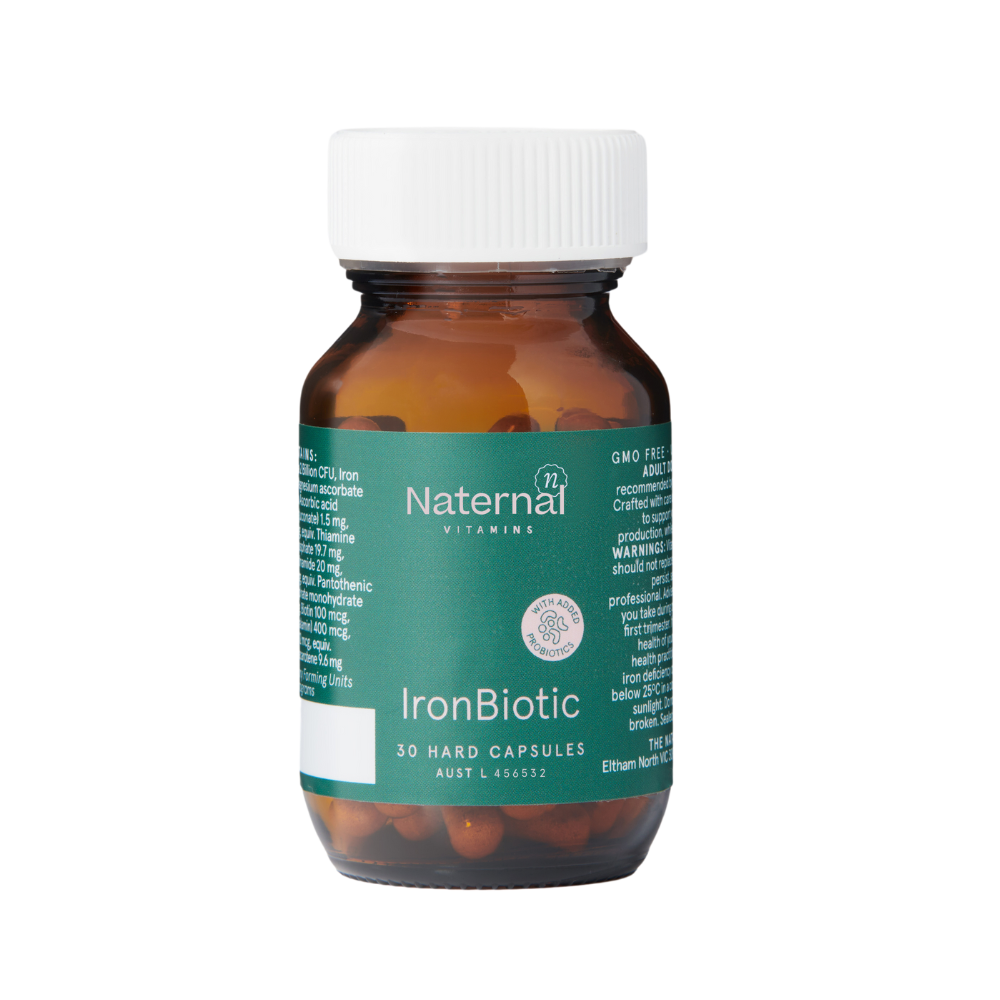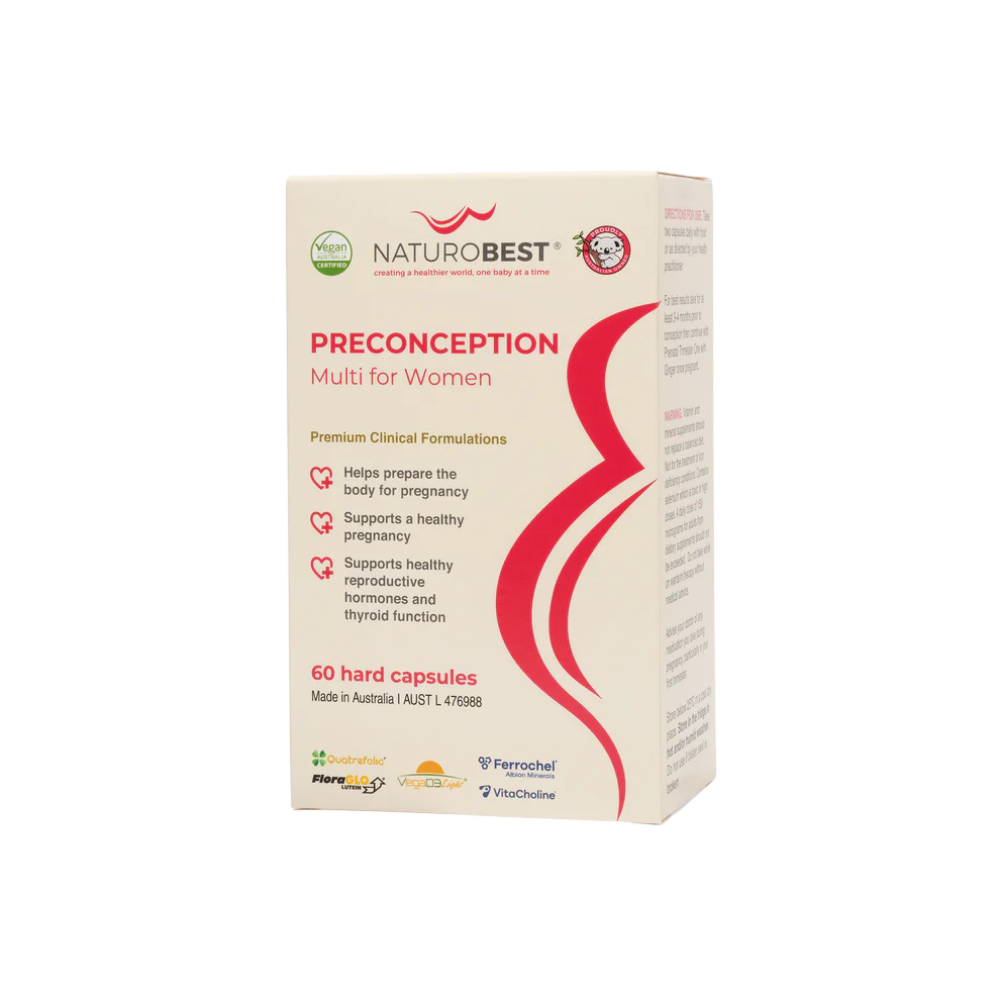Embarking on the journey to parenthood is a profound and exciting chapter in many couples' lives. For those seeking natural ways to enhance fertility, adopting a holistic approach that includes nourishing your body with the right foods can make a significant difference. As a naturopathic practitioner, I am passionate about guiding individuals towards optimal health, and I believe that nature provides us with powerful tools to support fertility. In this blog post, we will explore a list of foods known for their fertility-boosting properties and the science behind their effectiveness.
- Leafy Greens:
Leafy greens such as spinach, kale, and Swiss chard are rich in folate, a crucial nutrient for reproductive health. Folate plays a key role in DNA synthesis and repair, making it essential for healthy sperm and egg development. Additionally, these greens contain an abundance of antioxidants that help protect reproductive cells from oxidative stress.
- Avocado:
Known for its creamy texture and delicious taste, avocado is a fertility-friendly fruit. Packed with monounsaturated fats, avocados support hormone production, including the hormones involved in the menstrual cycle. Furthermore, they contain vitamin E, which has been linked to improved embryo implantation.
- Berries:
Blueberries, strawberries, and raspberries are not only delicious but also high in antioxidants, particularly anthocyanins. These antioxidants help combat oxidative stress, reducing inflammation and promoting a healthy environment for conception. Berries are also rich in vitamin C, which is essential for both male and female fertility.
- Wild-caught Fish:
Fatty fish like salmon, mackerel, and sardines are excellent sources of omega-3 fatty acids. These essential fats are crucial for hormone production, including those involved in the regulation of the menstrual cycle and sperm health. Omega-3s also contribute to a healthy uterine lining, supporting embryo implantation.
- Nuts and Seeds:
Almonds, walnuts, flaxseeds, and sunflower seeds are fertility-boosting powerhouses. Packed with vitamin E, zinc, and selenium, these nuts and seeds support reproductive health by promoting healthy sperm production and improving egg quality. The omega-3 fatty acids in flaxseeds also contribute to hormonal balance.
- Beans and Lentils:
Plant-based protein sources like beans and lentils provide a steady release of energy and are rich in folate, iron, and fiber. Iron is crucial for preventing anemia, which can affect ovulation, while folate supports proper fetal development. Fiber helps regulate blood sugar levels and supports overall hormonal balance.
- Colorful Vegetables:
A variety of colorful vegetables like carrots, bell peppers, and sweet potatoes are rich in beta-carotene, a precursor to vitamin A. Vitamin A is essential for reproductive health, playing a role in the development of sperm and the regulation of the menstrual cycle.
While these foods can contribute to overall fertility, it's important to remember that lifestyle factors such as maintaining a healthy weight, managing stress, and getting regular exercise also play significant roles. As a naturopath, I encourage individuals to embrace a well-rounded approach to fertility that includes a nutrient-dense diet, lifestyle modifications, and personalised naturopathic care. By nourishing the body with these fertility-boosting foods, individuals can support their reproductive health and increase their chances of a successful and healthy pregnancy.







